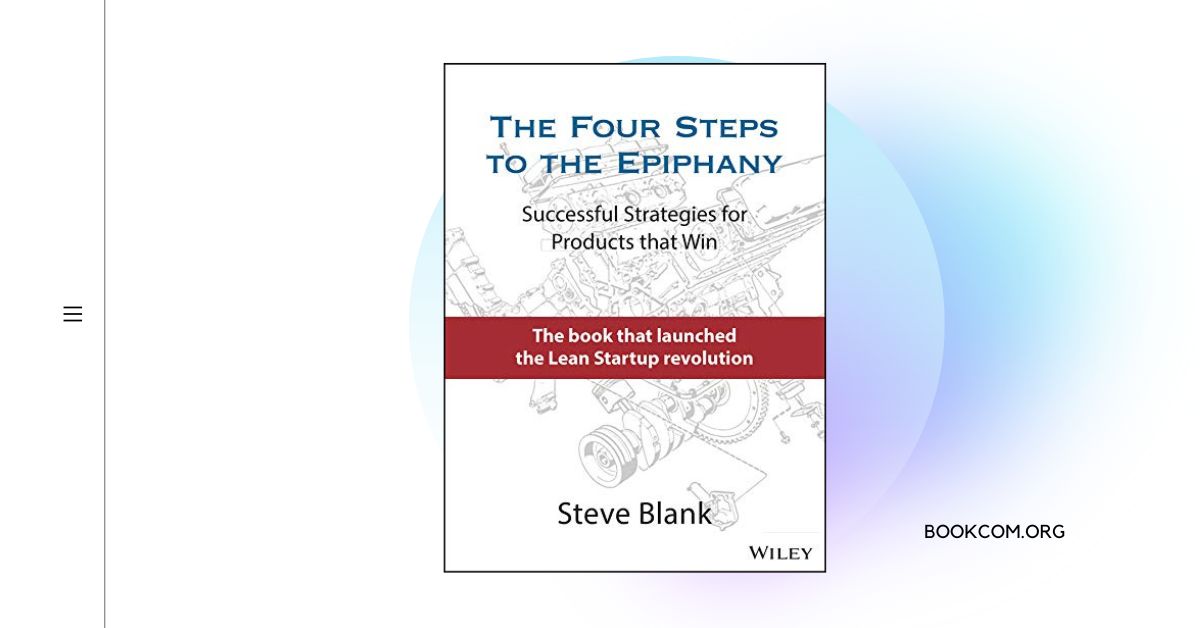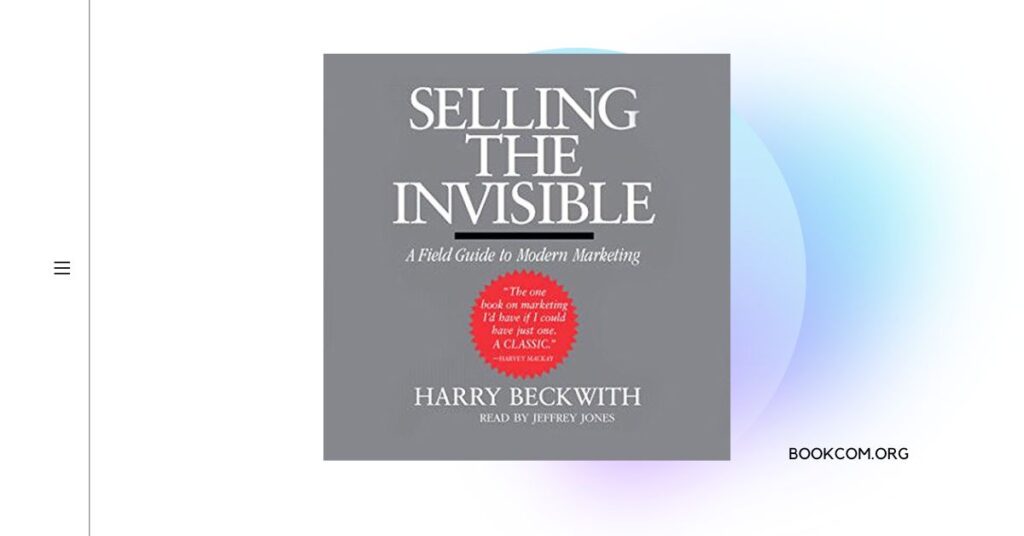“The Four Steps to the Epiphany” by Steve Blank is a groundbreaking book that offers a step-by-step guide to building successful startups by applying the principles of customer development. The book challenges traditional product-centric approaches and introduces a customer-centric methodology that helps entrepreneurs validate their business models and minimize the risks associated with startup ventures.
Key Themes
Customer Development: The book introduces the concept of customer development, which emphasizes the importance of understanding customers, their needs, and their feedback early in the startup journey. It outlines a systematic process for engaging with customers, validating assumptions, and iteratively refining the product-market fit.
Iterative and Agile Approach: The author advocates for an iterative and agile approach to startup development, emphasizing the need for rapid experimentation and learning. By treating initial assumptions as hypotheses, entrepreneurs can continuously test and refine their ideas based on real customer feedback.
Market-Validation vs. Execution: Blank distinguishes between market-validated learning and execution-oriented learning. He explains that before focusing on scaling and execution, entrepreneurs should first validate their market assumptions and ensure there is a real demand for their product or solution.
Notable Concepts
Customer Development Process: The book outlines a four-step customer development process that includes customer discovery, customer validation, customer creation, and company building. It provides detailed guidance on each step, highlighting the importance of engaging with customers, gathering feedback, and continuously iterating the business model.
Minimum Viable Product (MVP): Blank emphasizes the use of MVPs as a way to validate assumptions and gather feedback from customers early in the startup journey. He emphasizes the need to build the simplest version of the product that allows entrepreneurs to test their key hypotheses and gather insights to guide further development.
The Pivot: Blank introduces the concept of pivoting, which involves making significant changes to the business model based on insights gained through customer development. He discusses different types of pivots, such as customer segment pivots, problem-solution pivots, and technology pivots, and provides guidance on how to recognize when a pivot is necessary.
Actionable Insights
Customer Discovery Interviews: The book emphasizes the importance of conducting customer discovery interviews to gain deep insights into customer needs and pain points. Blank provides guidance on how to structure and conduct these interviews effectively, allowing entrepreneurs to gather valuable feedback and refine their product ideas.
Validated Learning: Blank encourages entrepreneurs to focus on validated learning rather than premature scaling. By testing assumptions, gathering data, and iterating on the product and business model, entrepreneurs can make informed decisions and increase their chances of building a successful startup.
Building a Customer-Centric Culture: The book highlights the need to create a culture within the startup that prioritizes customer insights and learning. It emphasizes the importance of cross-functional collaboration, continuous feedback loops, and a willingness to challenge and pivot based on customer feedback.
For More Information about the book, you can visit:



